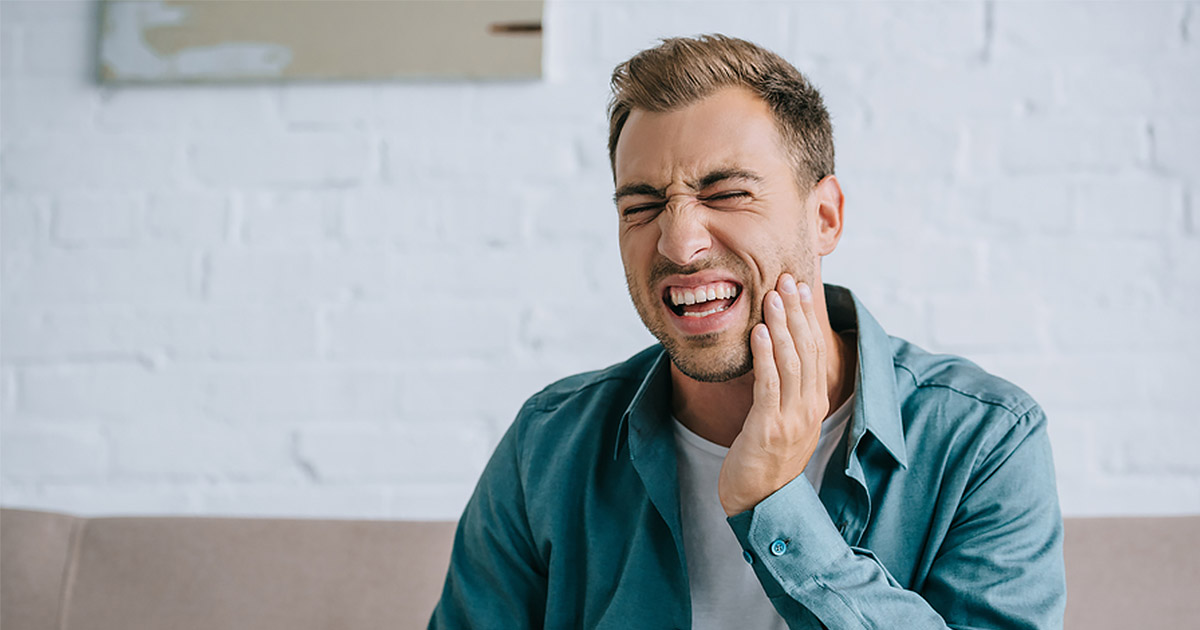When living with TMD, you might be aware of certain triggers that cause pain. These could be certain physical activities, foods or lifestyle habits. Sometimes, however, you might not feel like you have any control over when you experience pain. We want our TMD patients to live a full life and to do so, there are certain things you might want to avoid that put more strain on your TMJ then necessary.
Blog
How Exercise Helps Treat Sleep Apnea
Exercise provides many health benefits. Regular activity such as aerobic exercise, strength training, and participating in sports contributes to a healthier body, helping to prevent a wide range of physical issues related to a sedentary lifestyle. Exercise also has a positive effect on your subjective well-being and mental health, by increasing your energy and serotonin. But did you know that a workout routine can also improve your sleep quality?
The Sleep Apnea & Heart Disease Connection
For now, you might be putting up with obstructive sleep apnea (OSA) symptoms like loud snoring, morning headaches […]
How To Get a Better Night’s Sleep
It’s normal to have an occasional night when you don’t sleep well — constantly waking up during the night and then feeling tired the next day. Several things can cause you to have a bad night’s sleep: stress, overindulgence in food or drink, and illness to name a few.
Sleep Apnea and Diabetes
Do your jaw muscles ache? Do you have headaches? Are your teeth extremely sensitive and showing signs of wear? You might be grinding your teeth and clenching your jaws excessively, a condition called “bruxism.”
It is estimated that between 8% and 31% of people suffer from this common condition, with many unaware of the behavior, especially when the symptoms are not obvious.
Aching Jaws and Worn Teeth – Join the Club!
Do your jaw muscles ache? Do you have headaches? Are your teeth extremely sensitive and showing signs of wear? You might be grinding your teeth and clenching your jaws excessively, a condition called “bruxism.”
It is estimated that between 8% and 31% of people suffer from this common condition, with many unaware of the behavior, especially when the symptoms are not obvious.
Constantly Tired and Have Trouble Controlling Your Weight?
Have you noticed the numbers on your scale creeping higher, ignoring your efforts to eat healthy? Do you resolve to exercise more but instead find yourself too exhausted to begin? By any chance does your partner say that you snore in your sleep? These may be symptoms of a sleep disorder called obstructive sleep apnea (OSA).
Living or Working With A Migraine Sufferer
Migraines affect more than the 12 million people who suffer from them. They also affect the millions of […]
How Your Head Pain May Be an Indicator of TMD
You’ve probably never thought about your temporomandibular joint, or TMJ. It’s the joint at which your jaw meets […]
Treatment Options for POSA (Positional Obstructive Sleep Apnea)
Obstructive sleep apnea is a sleep disorder that occurs when the airway is blocked during sleep, causing labored […]









